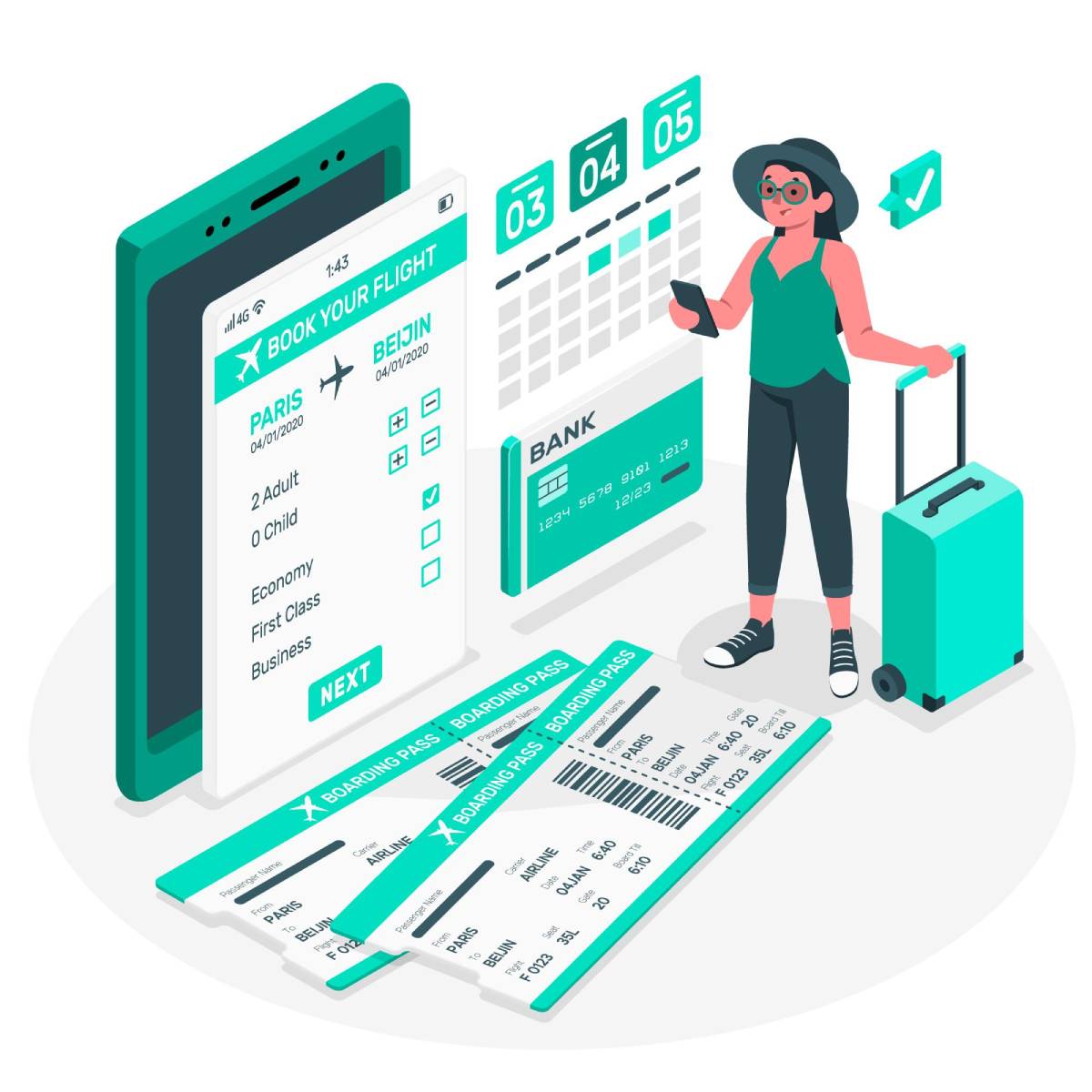
Check out New Zealand Travel Checklist
With tens of thousands of Kiwis travelling or living overseas every year, it’s no surprise that most of the time, it’s an incident-free experience. However, even the best-laid plans can be disrupted by various issues. Some of these issues are impossible to predict or prevent, so taking the proper precautions and knowing the correct information can minimize the risks you face overseas.
Get in line as soon as you can so you can rest assured that your luggage will be able to fit in the overhead bin. Some airlines offer a free carry-on check at the gate, while others may charge you to check your carry-on if you cannot fit it in the overhead bin and it’s slightly over the carry-on limit.
You can get too big or too heavy bags onto the plane, but you will be hit with hefty fees at the end of the day. Instead, put all your valuable and breakable items in your ‘personal item’ bag (also known as an under-seat carry-on) and your non-essential things like clothes in the big suitcase (also known as the overhead compartment).
Check the latest travel advice from our website pages or New Zealand Visa Requirements.
Register your travel and contact details.
This information shall be kept confidential and only used in an emergency. For instance, we may issue a tropical cyclone warning or provide advice on how to respond in the event of a significant civil disturbance or a terrorist incident.
Travel documents & visa
You should always have a valid passport with which you can identify. It is also suitable for accompanying children. Some countries require your travel document to be helpful for six months from the date you leave the country. You may need a visa, which can be checked at the Embassy of New Zealand in The Hague. Bring necessary documents for minor children when travelling alone to avoid waiting in long border lines.
You must have a valid New Zealand driver’s licence to rent or drive a motor vehicle. Check if you need an International Driving License in New Zealand.
Travel Insurance
Get good travel insurance to cover the extra costs, such as repatriation or hospitalization, that your primary health insurance doesn’t cover 100% of. Consider what you plan to do (extreme sports, for example) and put your travel insurer’s emergency number on your phone. Your policy should cover the following:
- Your planned activities
- Personal liability
- Medical treatment
- Emergency medical evacuation
- Any pre-existing conditions
- Minor medical treatment overseas can be very costly.
- If you’re injured overseas and return to NZ, ACC may cover treatment costs in NZ (but only if you plan to be abroad for less than six months). ACC can’t cover overseas expenses.
Money and mobile phone
- Ensure you have enough cash to cover unforeseen travel costs (e.g. flight delays).
- Bring multiple forms of payment to New Zealand. It could be cash, a debit or a credit card, etc.
- Enter your bank’s phone number into your phone. Protecting your bank card if you lose or steal it is essential.
- Ask your provider what mobile calls and data costs are outside the EU. You may be able to buy a foreign package from your provider.
- Ensure your bank card is active for debit cards outside of Europe.
Health
Make sure you have the proper vaccinations: Before you travel, make sure you have all the necessary vaccinations for New Zealand. You may only be allowed to enter some countries with the proper vaccinations. Check with your local doctor or vaccination bureau to determine if you need vaccinations.
Are you taking any medicines? Make sure you take enough with you and a few extra days. Check with your travel agent or vaccination bureau to see which treatments you need to declare to be allowed to enter New Zealand.
Are any vaccinations recommended for the regions you are travelling to? Ask your travel agent or health professional if vaccinations are recommended for those regions. A health professional can also advise you on how to stay healthy while travelling.
Take a mixture of money.
Contact your bank and credit card company to find out what they suggest and if ATMs are available in the area you’re travelling to. Have some change ready for transit and arrival, so you don’t have to worry about running out of cash. Decide how you’ll access emergency funds before you leave NZ.
Obey local laws.
The penalties for non-compliance are the same for tourists as for locals. Being Kiwi doesn’t mean you get off scot-free.
Stay at home
It is essential to ensure that individuals do not become trackers and refrain from informing those at home of their travel plans. Negotiate reasonable arrangements with those at home regarding accessibility. Provide those at home with copies of travel documents, vaccinations, credit cards, and insurance information. These copies should be kept in a secure location online. Additionally, provide those at home with the mobile provider’s IMI number, which can be used to locate or block the phone in an emergency. Further, the contact person’s IMI number should be an ICE number, which emergency services can access without the need to unlock the phone. It is essential to understand how to establish an ICE number.
Do not take
It is strongly advised that individuals not bring drugs to New Zealand. In several countries, criminal sanctions are in place for the possession and utilization of drugs. The same is valid for soft drugs. It is recommended that individuals leave any valuables, such as jewellery, at home.